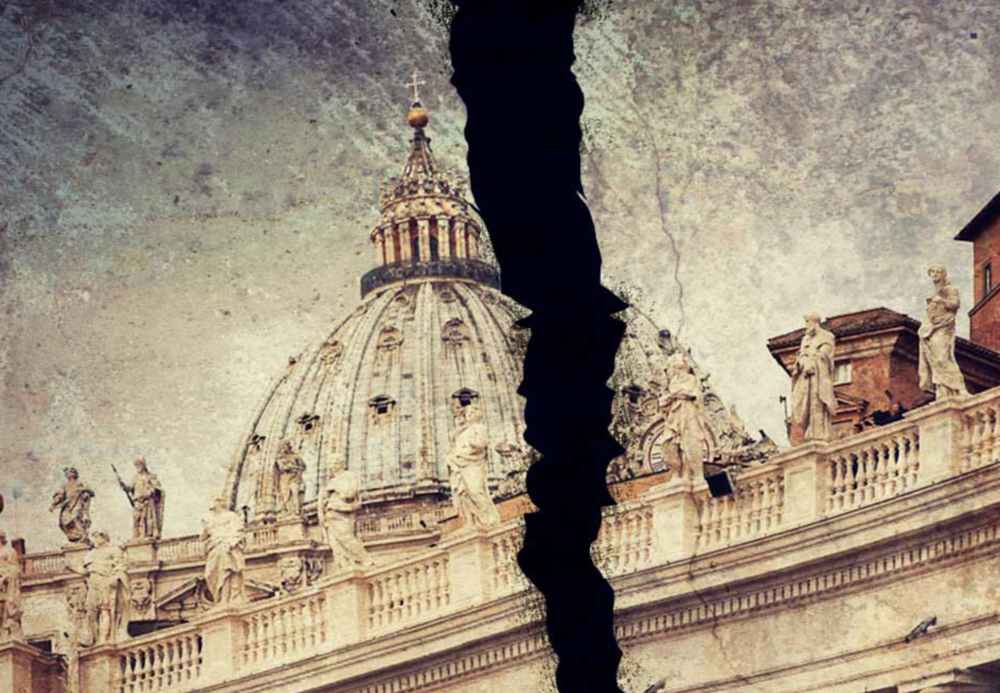One of the things I enjoy about the summer is catching up with people I haven’t seen all year to discuss news, politics and culture. Since so many of my friends are in the news business, inevitably the state of the mass media comes up as a topic.
The one constant subject that has arisen from these conversations is the rise (and potential threat) of artificial intelligence. Specifically, the topic of how AI can (and will) replace humans who report and write for a living.
While machines have yet to replace all writers, the threat is real. This isn’t just limited to journalists. AI has impacted Hollywood (look at the current writers strike), education (from grade school to college) and the retail industry. And yes, journalism is up there to when it comes to an industry seen as under threat, according to a poll conducted earlier this year.
AI a either a new technological monster or a friend to journalists. The industry is divided by the issue. Like the internet back in the 1990s, AI is both astonishing and perplexing.
How has AI and machine learning impacted journalism? Can it make it better or worse? These are just two valid questions people in newsrooms are asking. The question here at GetReligion is how AI could affect religion-beat work and, in this case, the state of Catholic news and publications.
For starters, consider that there will be 10 new AP Stylebook entries to caution journalists about common pitfalls in coverage of artificial intelligence. Here’s what the Associated Press said:
While AP staff may experiment with ChatGPT with caution, they do not use it to create publishable content.
Any output from a generative AI tool should be treated as unvetted source material. AP staff must apply their editorial judgment and AP’s sourcing standards when considering any information for publication.










